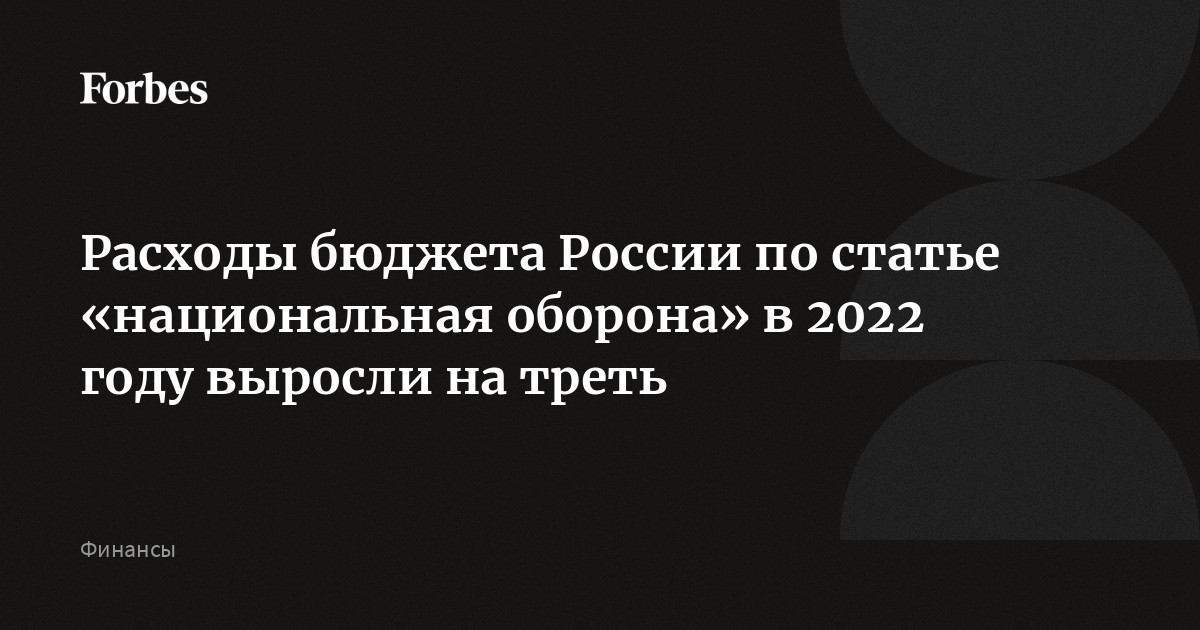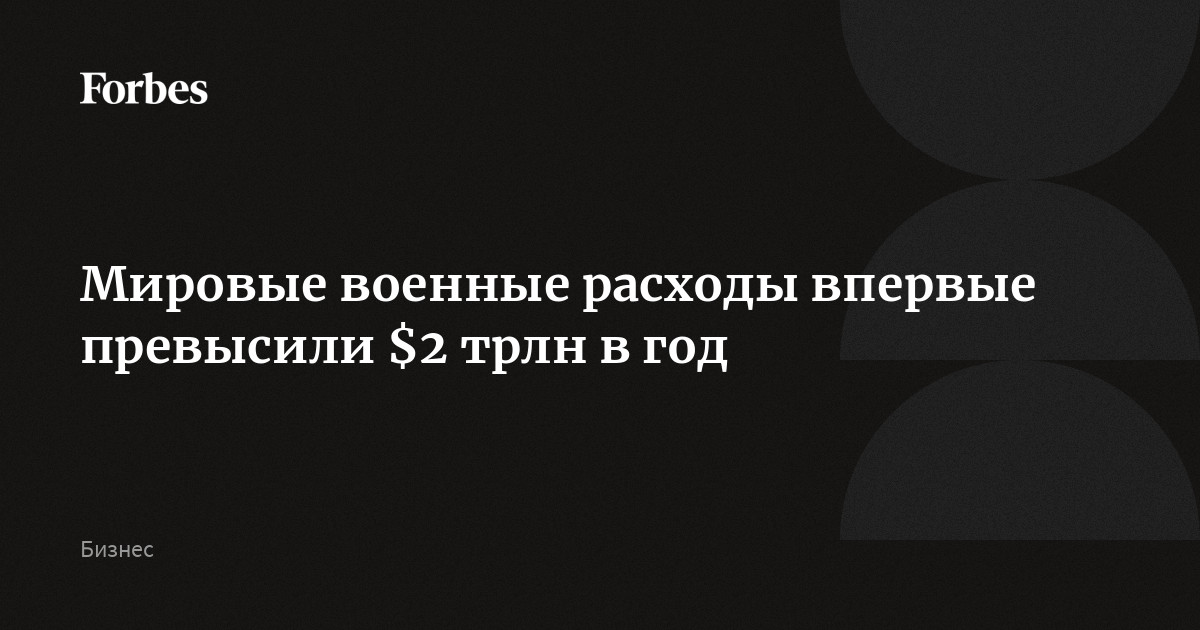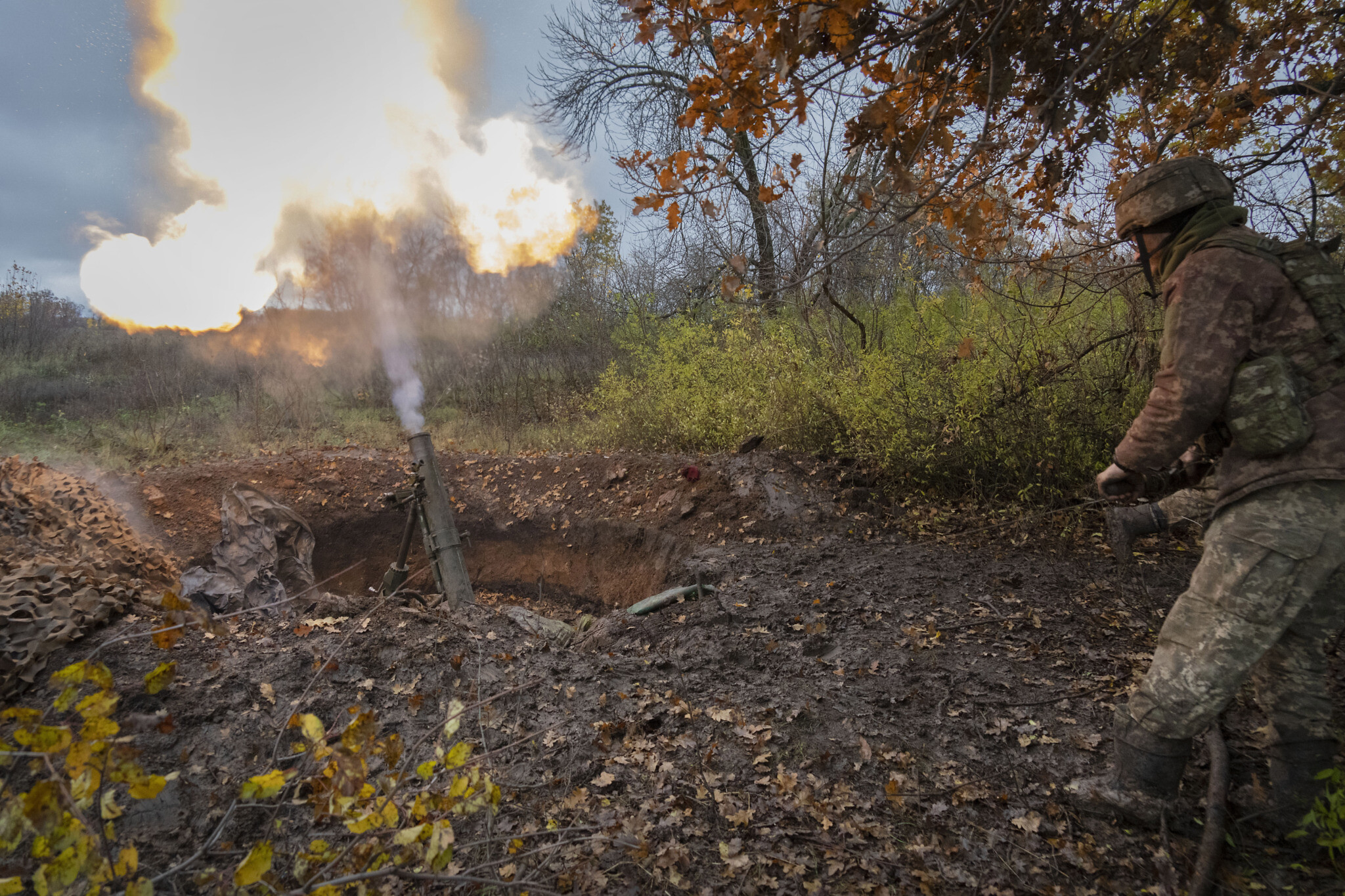There is some interesting information here on the economic effects of this war and how it has even boosted economies of some countries particularly with Russians leaving Russia
As More Russians Flee Over Putin's War On Ukraine, Other Countries Are Reaping The Economic Benefits (rferl.org)
Some of the longer term consequences for Russia may include decreased gas production from permanent damage caused by shutting down wells of equivalent to two million barrels per day and pivoting gas exports to Asia will cost massive infrastructure spending in the medium term
Effects Of War In Ukraine On The Russian Economy – The Organization for World Peace (theowp.org)
As More Russians Flee Over Putin's War On Ukraine, Other Countries Are Reaping The Economic Benefits (rferl.org)
Some of the longer term consequences for Russia may include decreased gas production from permanent damage caused by shutting down wells of equivalent to two million barrels per day and pivoting gas exports to Asia will cost massive infrastructure spending in the medium term
Effects Of War In Ukraine On The Russian Economy – The Organization for World Peace (theowp.org)


/cloudfront-us-east-2.images.arcpublishing.com/reuters/N2V66DFLLVNJJKXBDDAME4LP2A.jpg)
/cloudfront-us-east-2.images.arcpublishing.com/reuters/KNDGMGKTJ5LBXDUO3MCKZADFDE.jpg)


